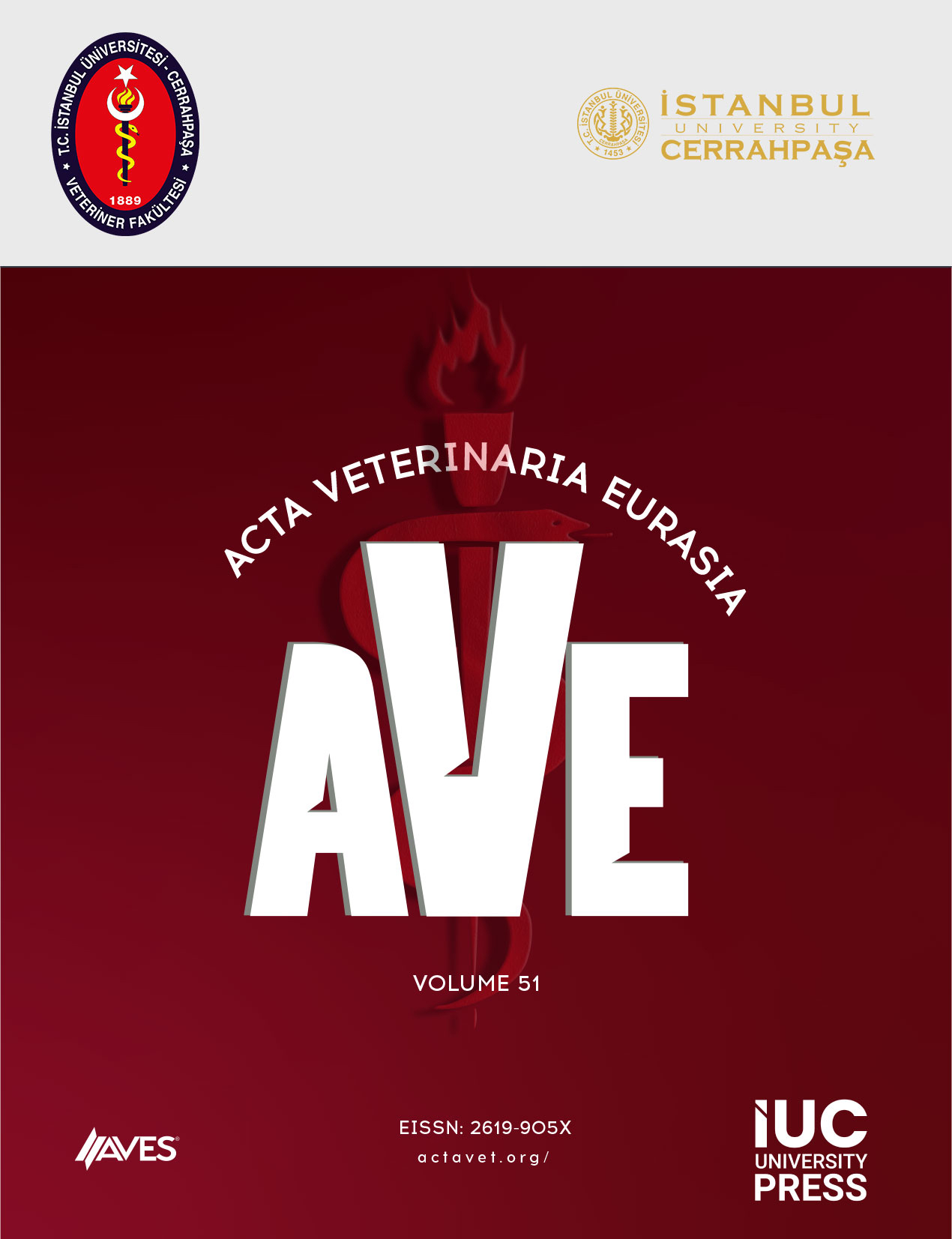In this study, longissimus dorsi muscles obtained from 10 beef carcasses were used to determine the effect of marinatkm with organic acids on the quality characteristics of beef meat. At 24 h postmortem, steak samples were removed from each carcass and then marinated by immersing samples in solutions containing 0.1 M citric acid (CA1), 0.2 M citric acid (CA2), 0.1 M acetic acid (AA1), 0.2 M acetic acid (AA2), 0.1 M lactic acid (LA1) and 0.2 M lactic acid (LA2). Distilled water was used for control group (K). After storing for 12 h at 4°C, meat quality was evaluated by determining pH, cooking loss (CL), water holding capacity (WHC), shear force (SF), sarcomere length (SL) and color (L*, a*, b*) parameters. The results showed that marination accelerated the rate of pH decline. The lowest pH was obtained in samples marinated with CA2 and LA2. CL and WHC decreased significantly in samples marinated with CA2, AA2, LA2 compared to other treatment groups (p<0.001). Marinating muscle samples with lower pH solutions resulted in lower SF and higher SL. Color analyses revealed that marinated samples with lower pH were lighter (higher L * values) than higher ones however, redness was found to be in a lesser extent red (lower a* values) in these samples. No statistically significant difference was observed in b* values between treatments. These results suggested that acid marination techniques were effective for improving meat quality. However, some adverse effects on redness were observed.





.png)